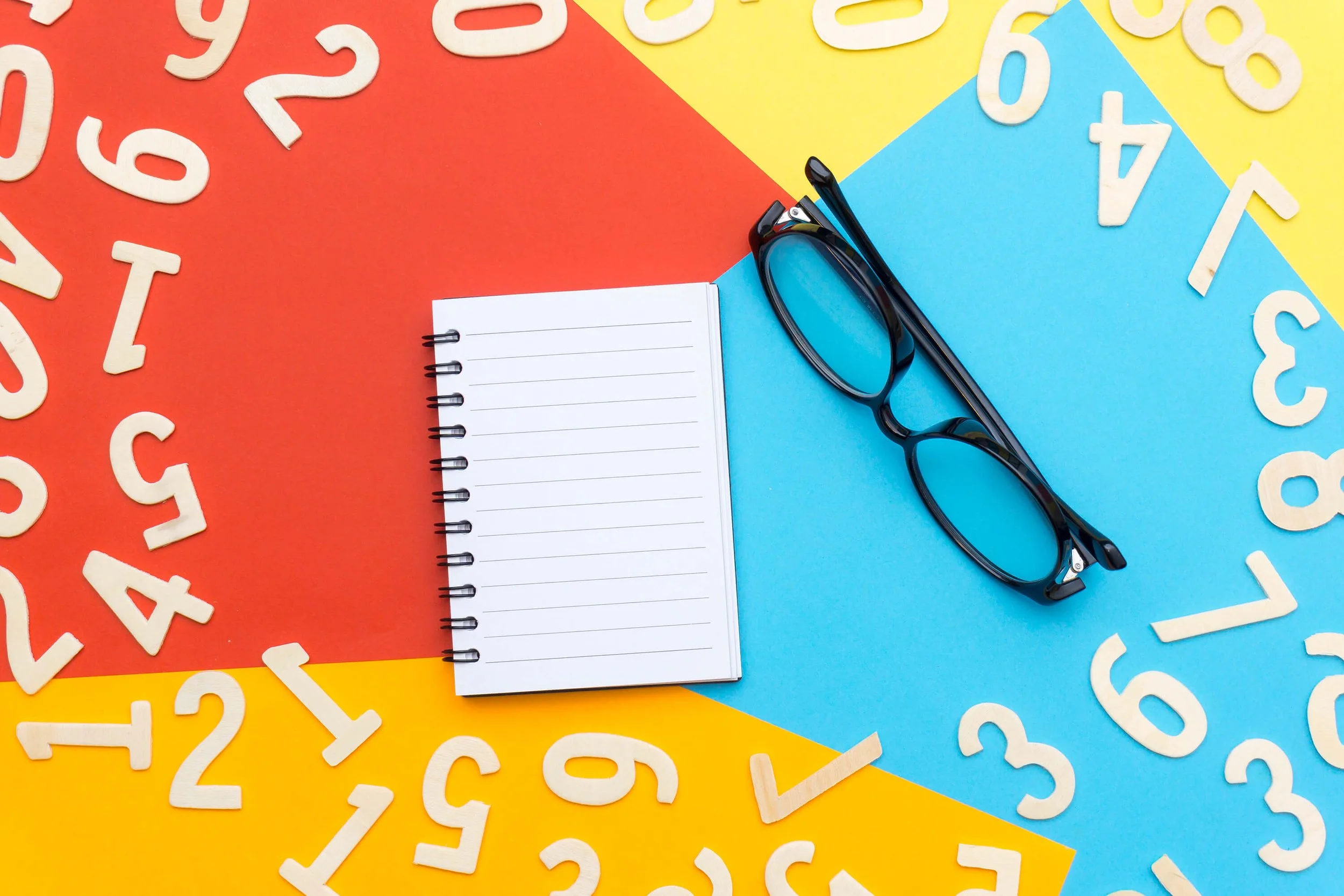The importance of knowing your own ‘magic number’
The latest headlines might have caught your eye: “A comfortable retirement? That’ll be £800,000.” Or worse, “Britons face a £700,000 pension shortfall.”
Scary stuff. But every year, a new figure seems to be held up as the gold standard - the amount you ‘should’ be aiming for. And the amount you’ll end up with if you don’t save enough.
The latest of these - the Pensions and Lifetime Savings Association’s (PLSA) annual Retirement Living Standards, a widely respected benchmark - outlines three tiers of retirement lifestyles: ‘minimum’, ‘moderate’ and ‘comfortable’.
They say a ‘comfortable’ retirement would include dining out weekly, a £75 weekly food shop and an annual two-week foreign holiday in a four-star hotel. A single person would need £43,900 a year in spending money, up from £43,100 last year. (This sum is post-tax and assumes no mortgage or rent obligations.)
The PLSA says that factoring in the full state pension of £11,973 per year, an individual would need a pension pot of £805,000 to purchase an annuity that delivers this amount, according to analysis by the wealth manager Quilter. This is up from £788,000.
They say a couple would need £60,600 a year between them for a comfortable retirement, up from £59,000 previously. This would require a pot of about £455,000 each on top of their full state pensions.
For those with more modest ambitions, a ‘moderate’ retirement lifestyle, which allows for a restaurant meal once a week, a £56 weekly food shop and an annual two-week holiday in a three-star hotel, now requires about £31,700 a year, up slightly from £31,300. This would necessitate a pension pot of approximately £490,200, up from £489,600.
This all makes for a dramatic set of headlines, but they’re not necessarily helpful. While the figures may be rooted in research, applying them blindly is where things go awry.
Retirement isn’t one-size-fits-all
What’s ‘comfortable’ for one person might not be for another. Living costs vary dramatically depending on where you are in the country - a modest lifestyle in London might feel lavish in Aberdeen for example.
Some people will be mortgage-free by retirement, while others may still be renting.
A single person with no dependents may have very different goals to someone with a large, close-knit family they want to support.
Health needs, hobbies, and whether you plan to travel or stay close to home all play a part.
Even psychological comfort matters - some people want a big financial cushion just in case, while others are content with less.
So the idea that there’s a universal ‘magic number’ just doesn’t hold up when you consider the unique blend of circumstances, responsibilities and aspirations that shape each person’s retirement.
The cost of retirement keeps changing - and so do you
The cost of maintaining a decent standard of living in retirement doesn’t stay still either. Inflation, energy bills, lifestyle trends, health needs can all shift.
And so does life: retirement isn’t static. You won’t spend the same every year. The first decade of retirement often involves higher spending - ticking off bucket lists, travelling, helping children with deposits - before it tapers off, and perhaps later rises again due to care costs.
Even big numbers don’t always go far
Let’s take that £800,000 figure, which might sound like a lot. But depending on when you start saving, getting there can be a steep climb. Take these figures from Aviva’s compound interest calculator, which are based on a 5% annual growth rate.
Start saving at age 18 – you’ll need to save £4,277.49 a year.
Start at 25 - it rises to £6,307.17 a year.
Leave it until 40 - and you’re looking at £15,963.78 a year.
Wait until 50 - and it jumps to £35,308.41 a year.
And that’s before you factor in inflation. So the truth is, even £800,000 might not stretch as far as you’d hope if you’re planning on making the most of retirement.
There’s also a widespread misconception that pensions are simple. In reality, your pension pot is just one piece of the puzzle. You may have other assets - savings, property, business income, even part-time work. And state pension entitlement, often overlooked, plays a valuable role in many people’s retirement income.
The real question is: what kind of life do you want?
This is where financial planning really earns its keep. It’s not about chasing someone else’s number; it’s about discovering your own.
Maybe you don’t have children and plan to downsize, or perhaps you have a large extended family you’d love to support. Maybe you want to retire early, or perhaps you see yourself working part-time well into your 70s. There is no universal retirement cost. What you need depends on:
Where you live
How you want to spend your time
Who you want to support
Your health, housing, and hobbies
In short, it depends on you.
And while you might be behind now, you can often make up ground. Using bonuses, inheritance, extra savings, or simply adjusting your expectations can make a big difference.
What matters is not hitting someone else’s target - it’s being intentional about your own.
So… what’s your number?
That’s the question we help people answer every day. Not by looking at headlines, but by looking at you - your values, your goals, your life.
Forget what the papers say. The most important number in retirement isn’t £800,000.
It’s the number that lets you live the life you actually want.
Give us a call if you’d like to find out more.
Please note: The value of investments/pensions and income from them can fluctuate (this may partially be the result of exchange rate fluctuations) and investors may get back less than the amount invested.
The information in this blog was correct as of 17 June 2025.

